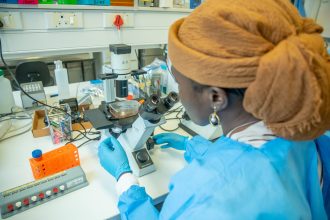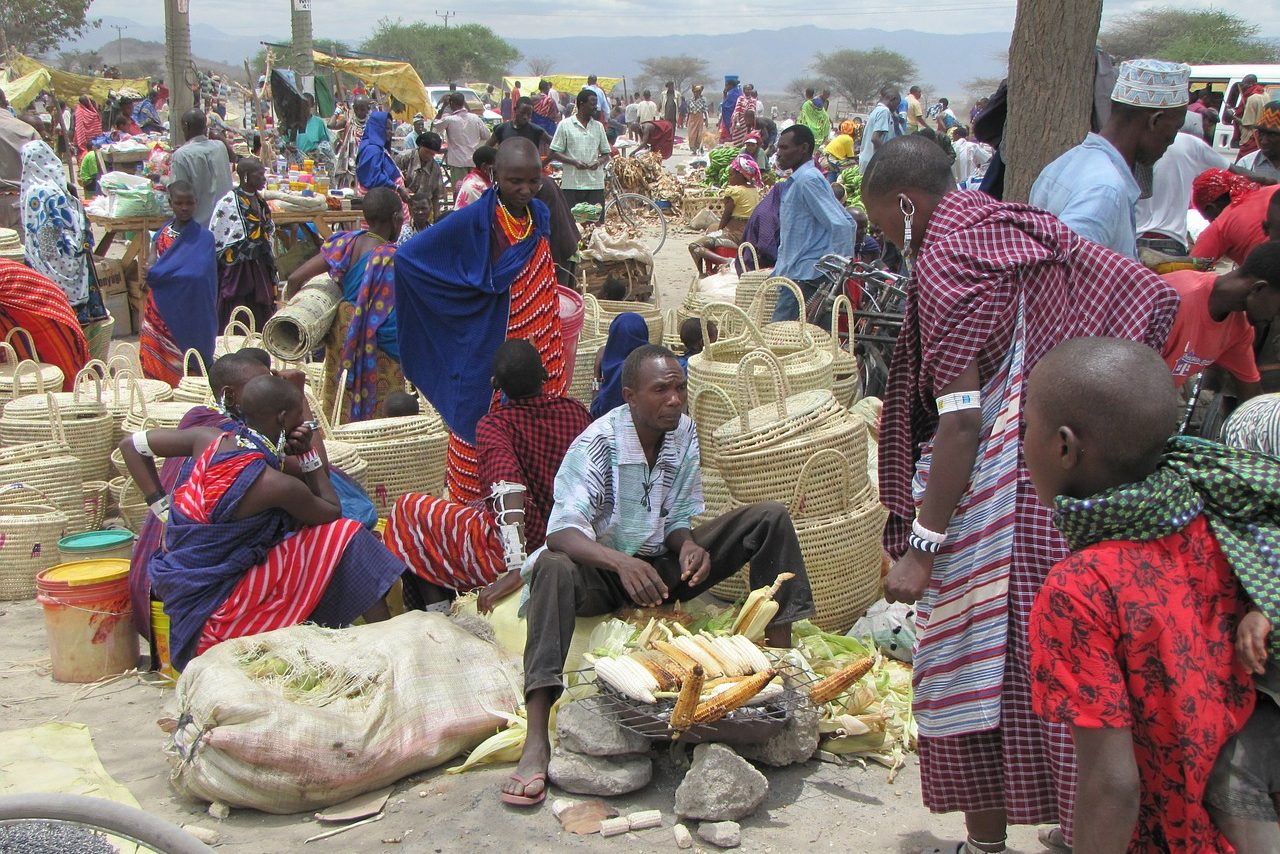By Kate Opondo
The African Coalition of Communities Responsive to Climate Change (ACCRCC) has welcomed the launch and expansion of the Africa Circular Economy Trust Fund, a €9 million initiative at the African Development Bank (AfDB), but cautioned that the success of Africa’s circular economy transition depends on the full inclusion of communities, youth, women, and informal sector actors.
The Fund, expected to grow to €10 million, supports small and medium-sized enterprises (SMEs)—particularly those less than five years old—through incubation hubs in Kigali, Côte d’Ivoire, and Ghana. Nineteen African countries are now part of the Africa Circular Economy Alliance, with five developing circular economy roadmaps and four countries—Ethiopia, Benin, Cameroon, and Uganda—already completing theirs.
The European Union’s €40 million Switch to Circular Economy program was also highlighted at the Africa Circular Economy Summit, focusing on packaging and e-waste management, regulatory frameworks, and skills development.
“Communities on the frontlines of climate change must not be passive recipients of these initiatives,” said Henry Neondo, Policy Engagement and Influencing Advisor, ACCRCC. “The circular economy will only succeed if it integrates indigenous knowledge, local entrepreneurs, and grassroots innovation.”
The coalition emphasized three key priorities including inclusion of informal and community enterprises in financing and incubation programs, targeted support for youth and women, who represent the backbone of Africa’s green workforce and accountability mechanisms to ensure that investments lead to tangible improvements in livelihoods, not just policy frameworks.
“It is encouraging to see SMEs being supported, but many of our community-based enterprises remain excluded from formal financing. Without stronger linkages between the Trust Fund, local cooperatives, and informal workers, the promise of a just transition risks leaving millions behind,” Neondo added.
The ACCRCC urged governments to seize the opportunity presented by the AfDB and the Africa Circular Economy Alliance by submitting expressions of interest to develop national roadmaps, aligning national action plans with the African Union’s Continental Circular Economy Action Plan and engaging in south-south learning exchanges with frontrunners like Kenya, South Africa, and Botswana.
Further, the ACCRCC asked that the Alliance should ensure that financing reaches the grassroots to support circular solutions in agriculture, waste management, and renewable energy.
“Circular economy is not just about new business models; it is about justice, resilience, and dignity for African communities,” Neondo added. “We must ensure this is not another vision on paper, but a lived reality for farmers, waste pickers, and young innovators across the continent.”




